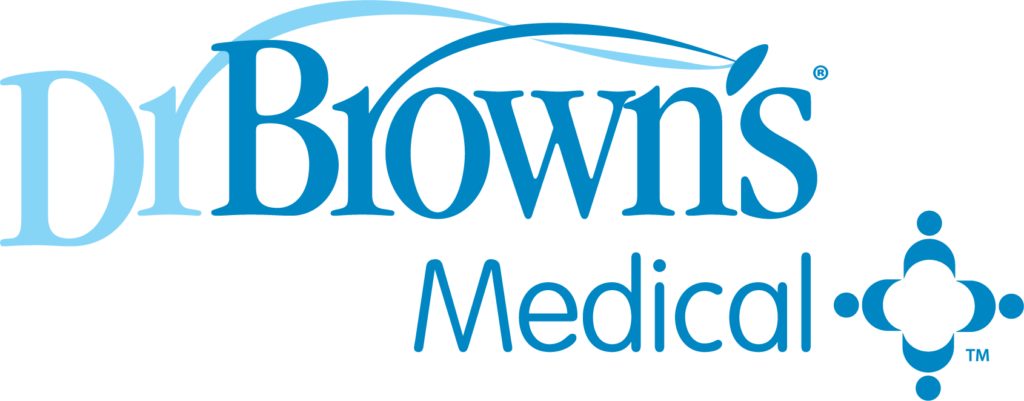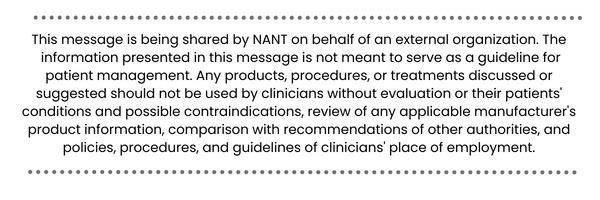
If you are like most people who drink coffee, you do so to get that extra boost to either start your day or maybe help stay awake. However, there have been many unexpected benefits discovered if consuming a cup of joe or two each day. Many benefits affirmed include supporting brain health, increased longevity, or preventing dementia – even claiming a lower risk of death overall compared to those who do not drink coffee.
Sometimes we reach for a product or service expecting a particular benefit, yet after a deeper dive, realize there are many unexpected advantages. Much like coffee, the Infant-Driven Feeding™ Program in the NICU, is intended to boost feeding practices, although so much more ensues.
Currently available are several published articles and QI projects to support feeding infants on a ‘cue-based’ feeding schedule, that demonstrate improvements in weight gain, time to full oral feedings, and decreased length of stay.4 Providers and hospital “penny counters” strive for these outcomes to boost their hospital ratings. With a specific cue-based feeding model such as the Infant-Driven Feeding™ Program, we can speculate, there will be an array of unexpected benefits that may be more notable and longer lasting for the infants, families, and staff.
5 Unexpected Benefits of Infant-Driven Feeding™(IDF™)
- Improved parent satisfaction – Hospitals report improved parent satisfaction after implementation of IDF™. Thomas et al(12) described that for their hospital, for many parents, the IDF™ practice change provided enablement, involvement, sense of pride, confidence, and comfort level in caring for their premature infants in the NICU.
- Improved breastfeeding – Contrary to myth, IDF™ is not only for infants who bottle feed, – IDF™ actually has breastfeeding as a core component. In fact, an entire chapter was recently added in 2022 to further address IDF™ and breastfeeding. Hospitals report increased breastfeeding rates with IDF™.(1,3,6) Imagine the benefits for babies who receive more breastmilk! A mom of triplets expressed, “IDF™ helped us get to know our infants better. (It) taught us how to watch for their cues during and after their feeding. We hadn’t planned on breastfeeding, but as we learned about IDF™….. we gave breastfeeding a try. We were successful. I truly believe that “if it weren’t for learning idf…I wouldn’t have done it.”
- Improved nursing satisfaction and knowledge – With IDF™, nursing knowledge of infant feeding concepts improves. Pre and post tests of Infant-Driven Feeding™ knowledge average from 62% to 85% respectively. This program can benefit nurses as one QI project revealed:
» 64% of NICU nurses reported ONLY “on the job training related to feeding, and of this group, the majority felt additional training for themselves and colleagues would be in their best interest.(10)
According to Fill in another hospital’s QI study, nurses express increased satisfaction with increased education from IDF™, stating they have “more input during rounds and ‘no longer have to force feed babies.”(2) - Improved safety – When infant cues are addressed, feedings are safe. Safety is synchronous with IDF™ goals that feedings are – safe, nurturing, functional, and individually/developmentally appropriate. Cleveland Clinic Health System reported that safety was a primary benefit of IDF™. “We have done remarkable work in improving feeding safety in our NICUs by using the IDF tools and assessing oral readiness of our babies.”(8)
- Potential for improved sleep – Proper development of sleep rhythms during the NICU period is ‘crucial to lifelong neurological well-being’.(13) Repeated stressful experiences during feeding can provide abnormal sensory stimulations to the developing brain(11) and affect the developmental trajectories for sleep and wake states.(9) If we improve the feeding experience, we can have a more positive effect on sleep.
Click here to view a research Infographic on the benefits.
As demonstrated, the benefits are limitless. If we look at the potential of an Infant-Driven Feeding™ culture, improved long-term feeding outcomes are on the horizon. After all, given the goals and successes of IDF™, feeding practices are guaranteed to improve. As we learn about epigenetics in the NICU, experts discuss that “Untimely introduction of oral feeding when infants demonstrate inadequate or complete lack of oral feeding skills may lead to negative imprints during the sensitive neuroplastic developmental period. Such negative imprints influence future feeding behaviors and may predispose to lifelong susceptibility to feeding problems, eating disorders, obesity, and/or metabolic disease.” (5) On the contrary, when we promote neuroprotective feeding behaviors we will influence the evolution of feeding for these premature infants.
Contrary to popular opinion, the most important benefit of IDF™ is not transitioning infants to home earlier, it is to encounter more positive feeding experiences for a lifetime. When 40-70% of infants discharged from the NICU have feeding problems during childhood(14) we need to be committed to reducing that statistic.
These 5 unexpected benefits of IDF™ – may not be so unexpected after all. When we listen to the babies, everyone wins!
Contact Dr. Brown’s Medical for more information on how your NICU can become an Infant-Driven Feeding™ Certified NICU.
Email us at medinfo@drbrownsmedical.com
www.drbrownsmedical.com/infant-driven-feeding-program/
Click here to view references.

